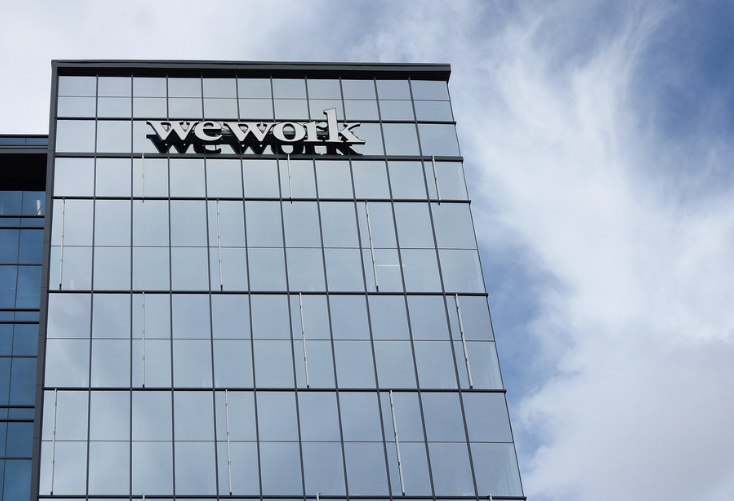Hand selected flexible workspace news from the most reliable sources to keep you ahead of the pack. We find all the latest news, so you don’t have to. Morning and afternoon updates. Stay in the know.
Here’s what you need to know today:
- How Flexibility Helps With The Human-centric Approach
- WeWork Stays Confident About Its Future
- Deutsche Bank Suggests A Remote Working Tax
How Flexibility Helps With The Human-centric Approach
PepsiCo has adopted a permanent flexible workplace policy as the traditional 9 to 5 work day becomes a thing of the past.
The global food and beverage company is taking a human-centric approach by removing start and end times and allowing employees to have more say in when they work.
“What we’ve managed to achieve is a fundamental shift to complete and utter trust in our people – and I truly believe this has to be a leadership mindset,” said Anita Patrick, HR director at PepsiCo. “What we see as a result from this is our people reaching their full potential and performance.”
Patrick added that the company understands the importance of fluidity in the future and will make an effort to find a balance between remote and in-office working.
According to PepsiCo’s CIO Brian Green, adopting this flexible work policy has made it easier to manage those working in various time zones, as well as balancing his family responsibilities.

WeWork Stays Confident About Its Future
WeWork saw its revenue fall in the third quarter of this year, but leaders remain bullish about the coworking company’s ability to stay afloat throughout the pandemic.
The firm’s quarterly revenue fell 8% from the second quarter to $811 million, but its cash burn slowed, according to a memo sent to employees.
WeWork added that it has walked away from 66 of its locations and restructured 150 lease agreements, which reduced around $1.5 billion in long-term liabilities.
The memo states these results indicate that key metrics are stabilizing. With companies of over 500 employees now representing 54% of WeWork’s memberships, the company is confident that it is poised to weather the ongoing pandemic.
“This is our moment, and I know that together, we will continue to define the future of work,” the memo from CEO Sandeep Mathrani and CFO Ben Dunham read.
WeWork has spent the better part of this year trying to recoup the losses it experienced over the last year when it attempted to go public. This included dropping “The We Company” brand, letting go its businesses outside of office-sharing, and more.
While the company is confident it will be able to make it out of the woods, the memo did not say whether it would reach profitability in 2021 as the company has stated in the past.

Deutsche Bank Suggests A Remote Working Tax
German multinational investment bank Deutsche Bank has suggested that those working from home should pay more in taxes, with proceeds going to the underprivileged.
With employees saving money on commuting and eating out, the difference would balance out according to the bank. However, this does not take into account that remote workers are still paying for increased use of electricity, internet, heating and home office supplies.
More specifically, the bank says that people working from home after the pandemic has ended should pay 5% of their earnings in tax for every day they don’t work out of the office, which could be paid by the employers rather than employees.
The report indicates that a tax like this could net €20 billion in Germany, £7 billion in the UK, and $49 billion in the U.S. annually.
“Working from home will be part of the ‘new normal’ well after the pandemic has passed,” said Jim Reid, global head of thematic research at Deutsche Bank. “Our calculations suggest the amounts raised could fund material income subsidies for low-income earners who are unable to work remotely, and thus assume more ‘old economy’ and health risks.”
While on the surface, taxation to benefit low-income workers or those who are unemployed seems great, this suggestion coming from a controversial multinational investment bank seems futile.


















